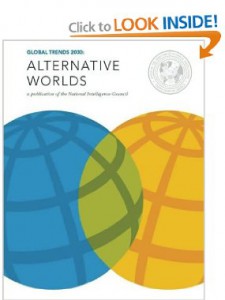Chatham House Report
Rob Bailey, April 2013
Report: Managing Famine Risk: Linking Early Warning to Early Action
Executive Summary: Managing Famine Risk: Linking Early Warning to Early Action

- Despite strong economic growth in many countries of the Horn and Sahel, environmental and demographic changes coupled to low levels of political inclusion and high instability mean that the risk of acute food crises is likely to increase. Conflict and geopolitics act as risk multipliers, meaning that full-blown famine remains a real threat, as was seen most recently in Somalia during 2011.
- These trends mean unmet humanitarian needs are increasing in the Horn and Sahel despite increasing donor spending. The use of famine Early Warning Systems (EWS) to anticipate and mitigate food crises provides a major opportunity to save more lives, protect more livelihoods, check rising costs and close the widening funding gap.
- Yet all too often the link between early warning and early action fails and the opportunity to mitigate a gathering crisis is lost. This report considers in detail the various political, institutional and organizational barriers to translating early warning of famine into early action to avert it, and makes recommendations for how these can be overcome.
Project on Translating Early Warning of Food Crises into Early Action.
Chatham House report: Famine risks are badly managed
BBC News, 5 April 2013
Continue reading “Berto Jongman: Managing Famine Risk – Linking Early Warning to Early Action”




